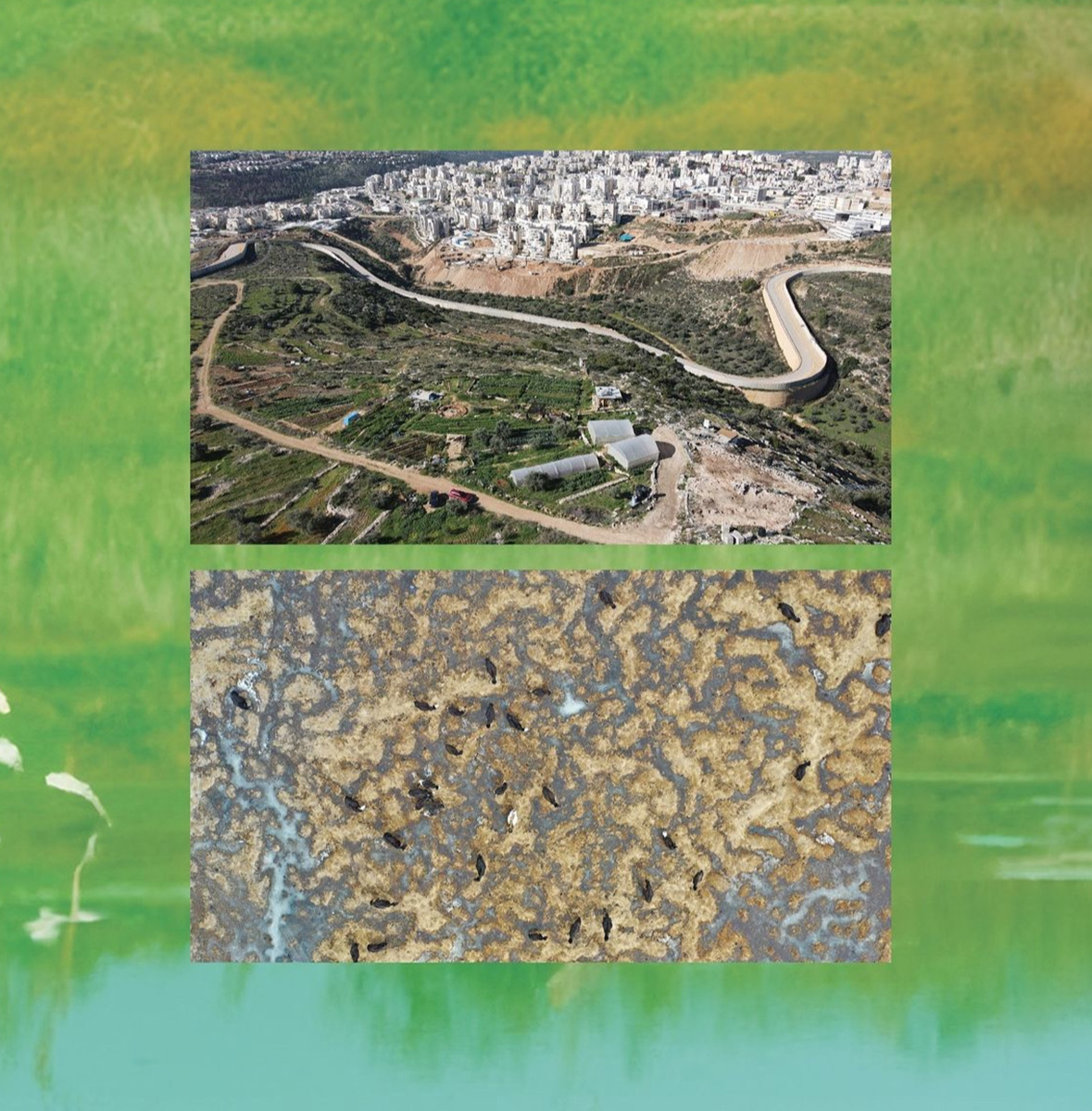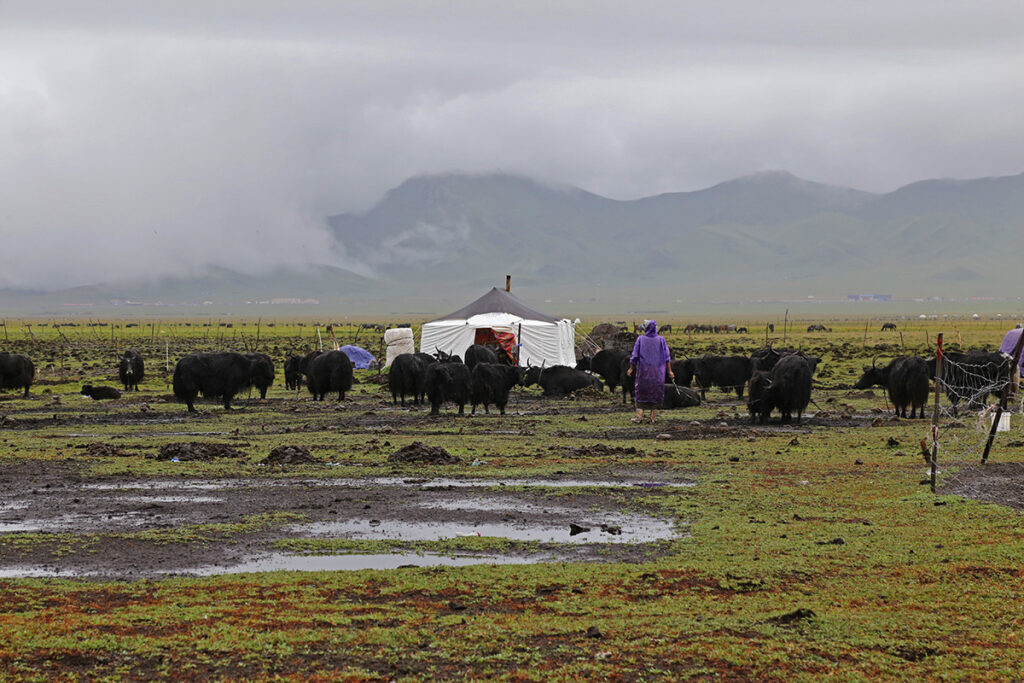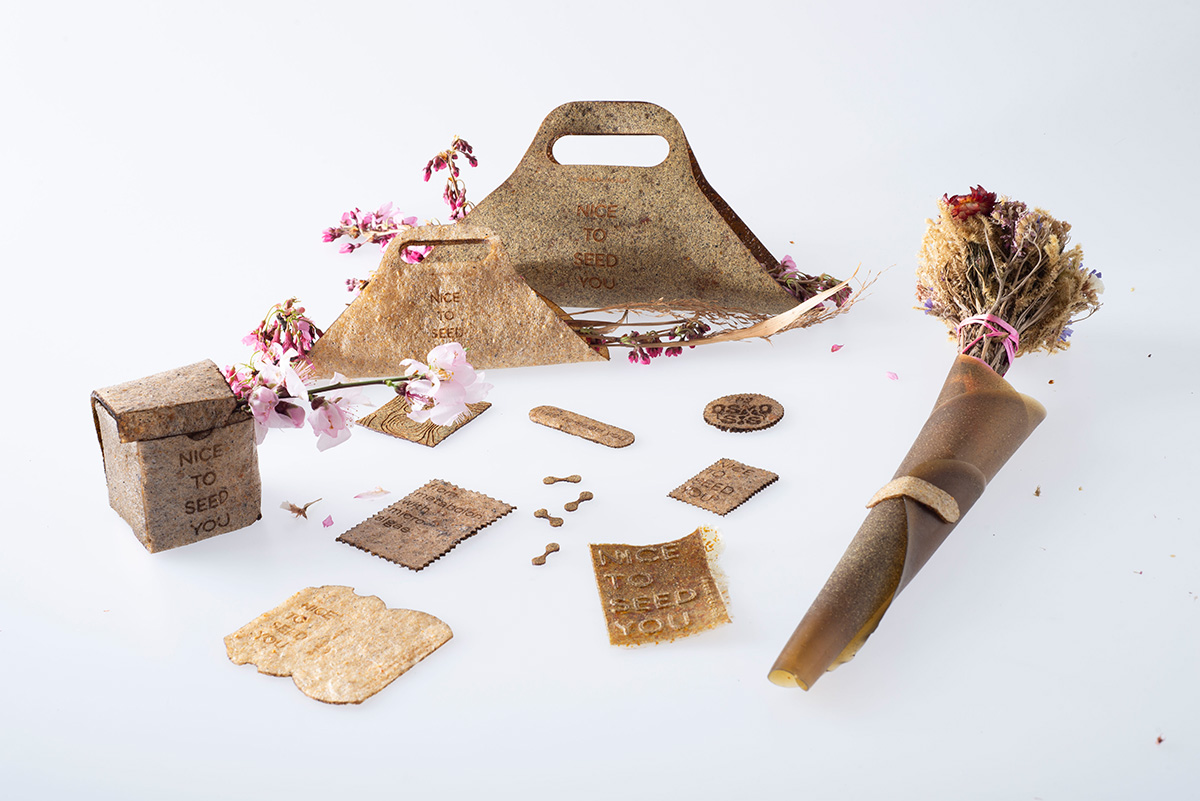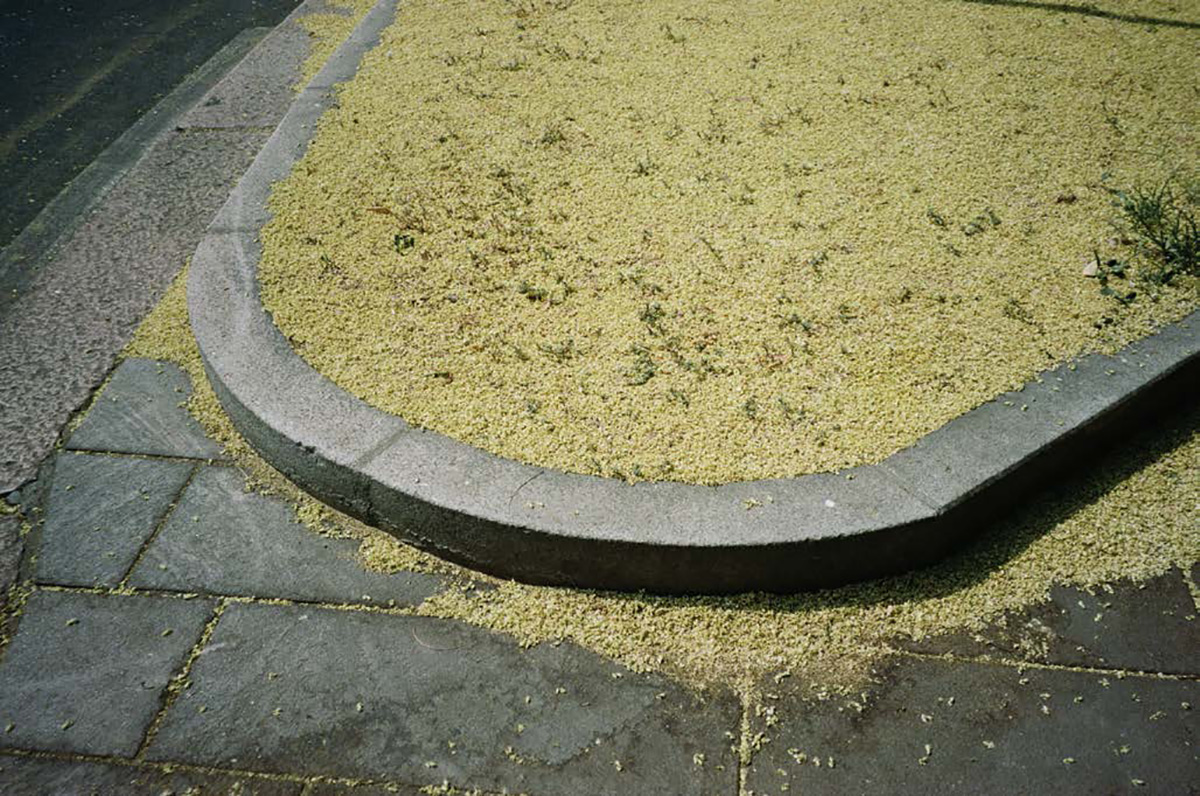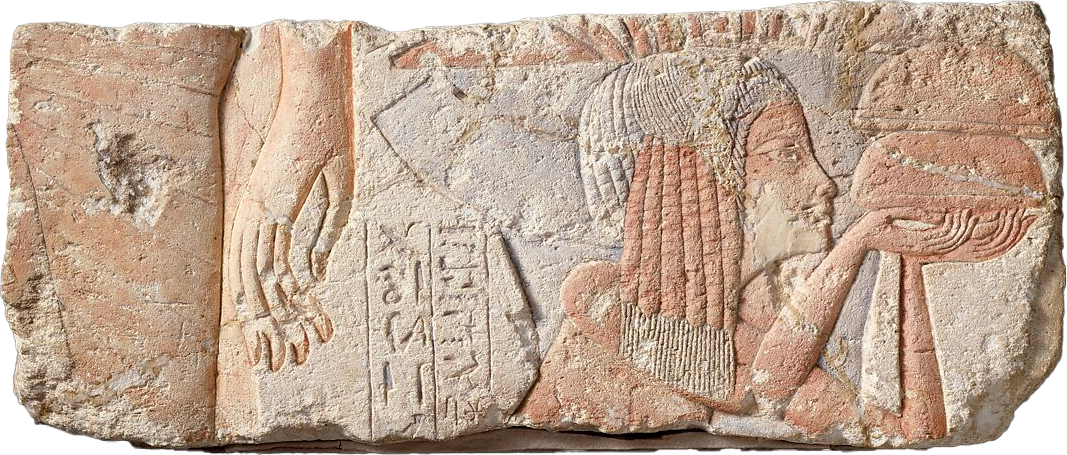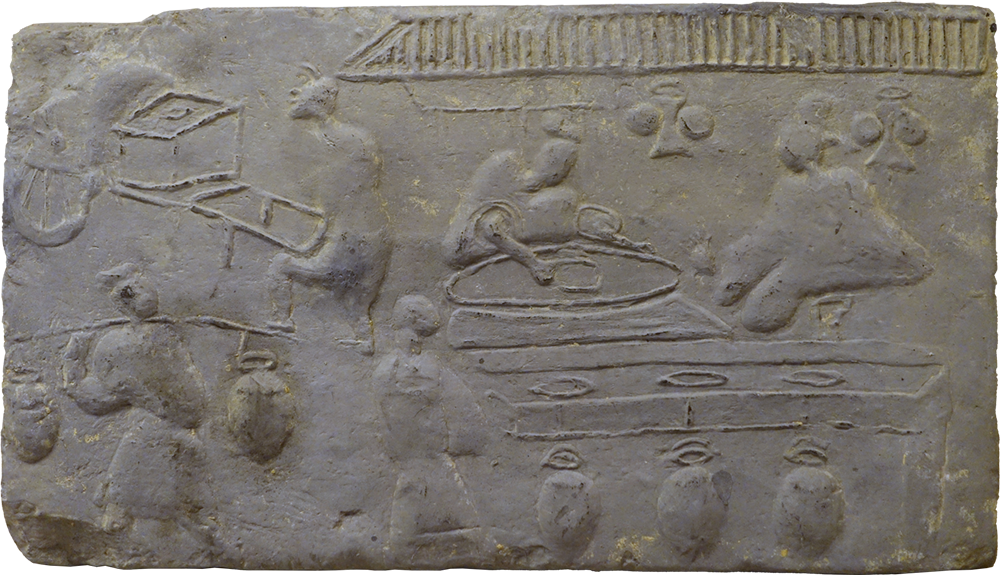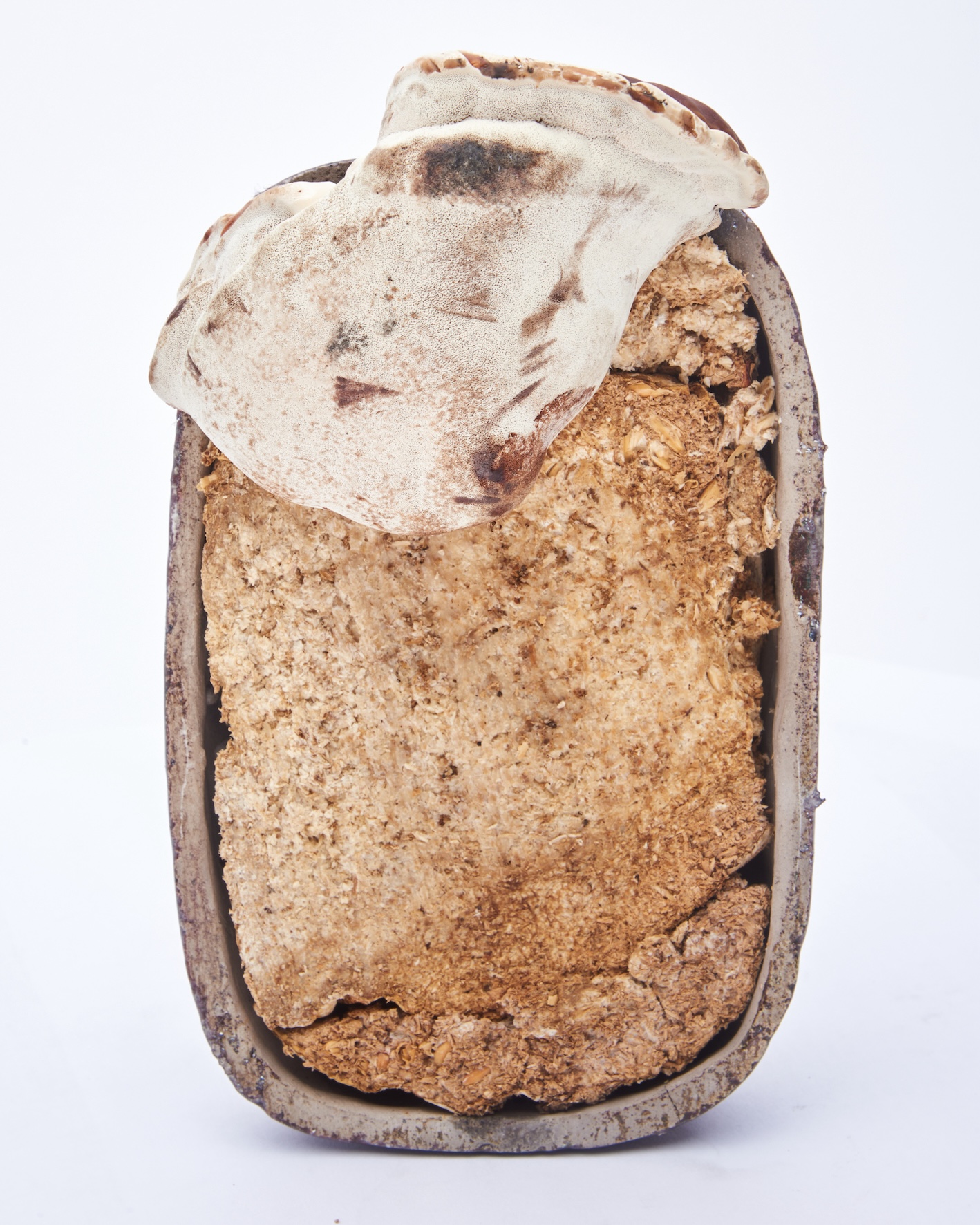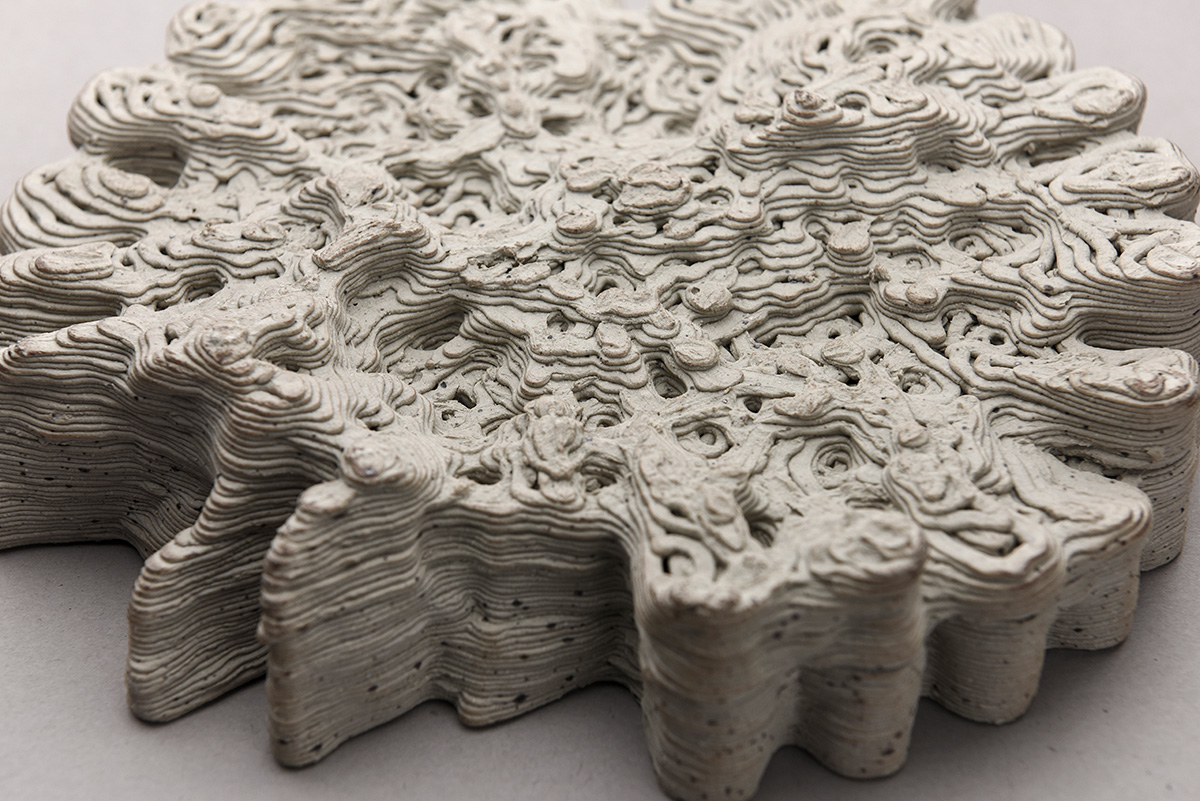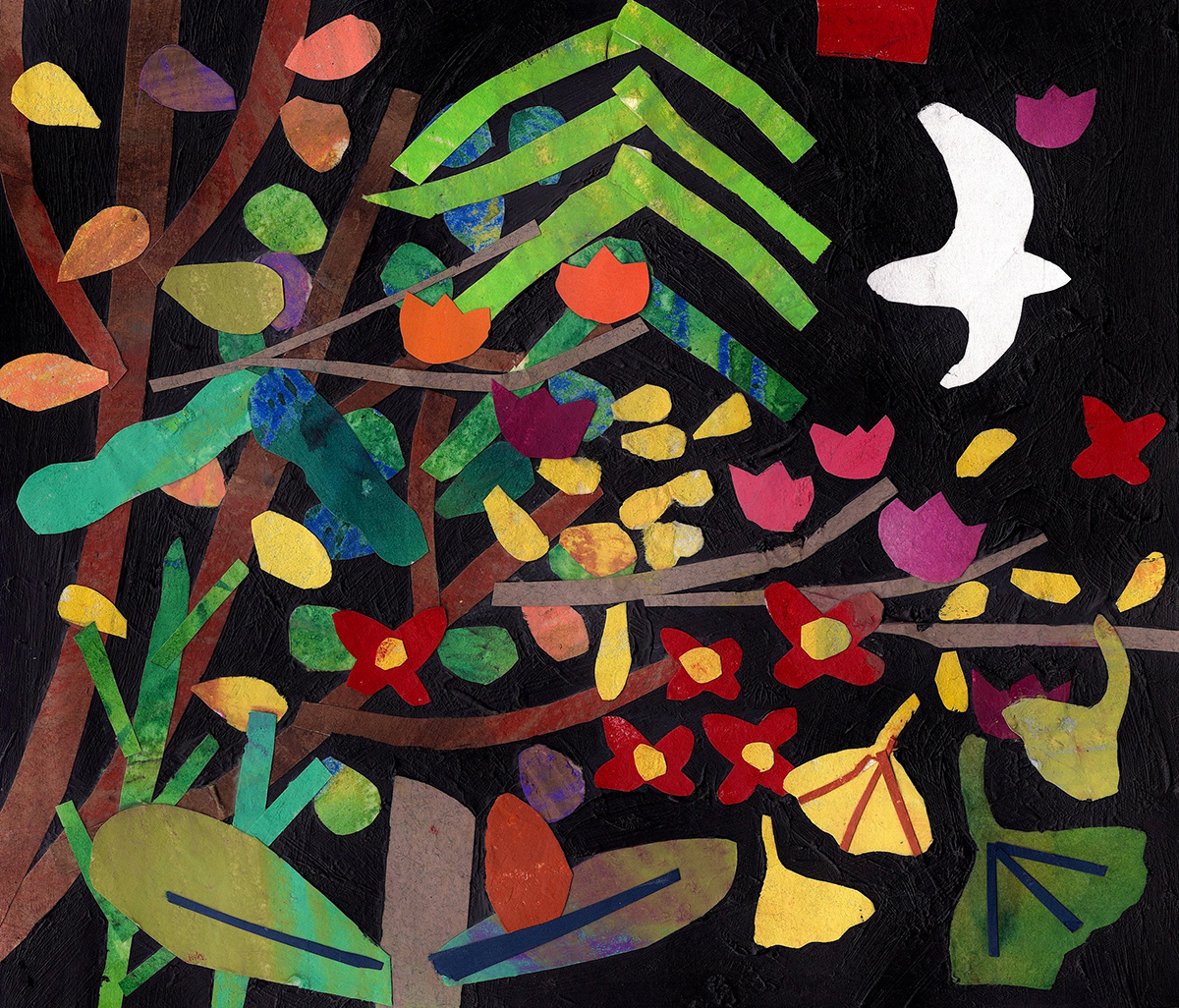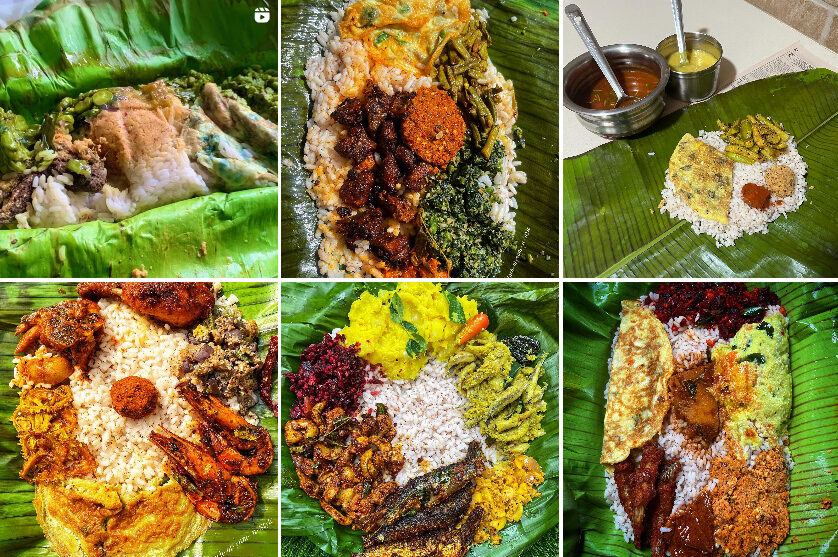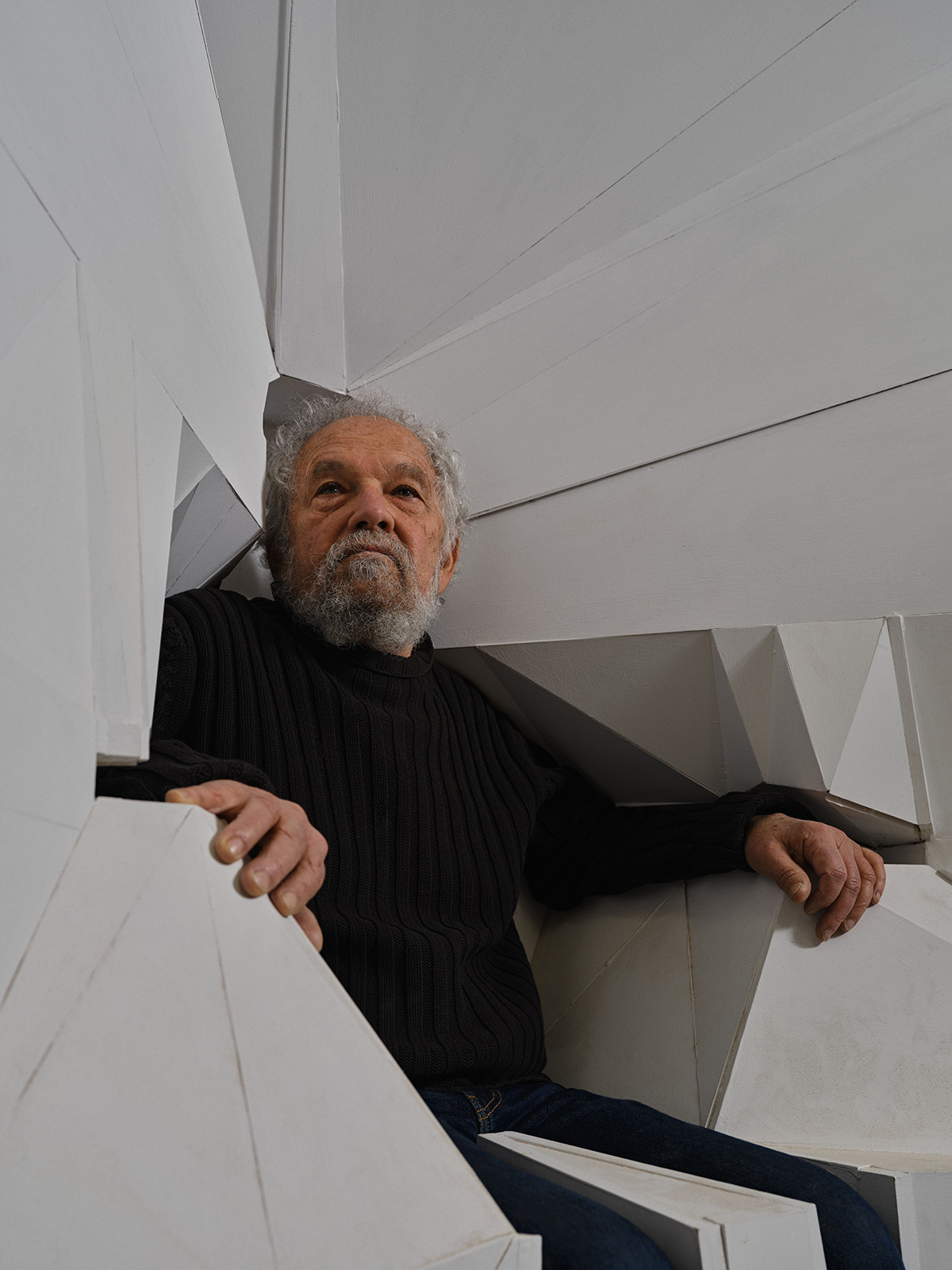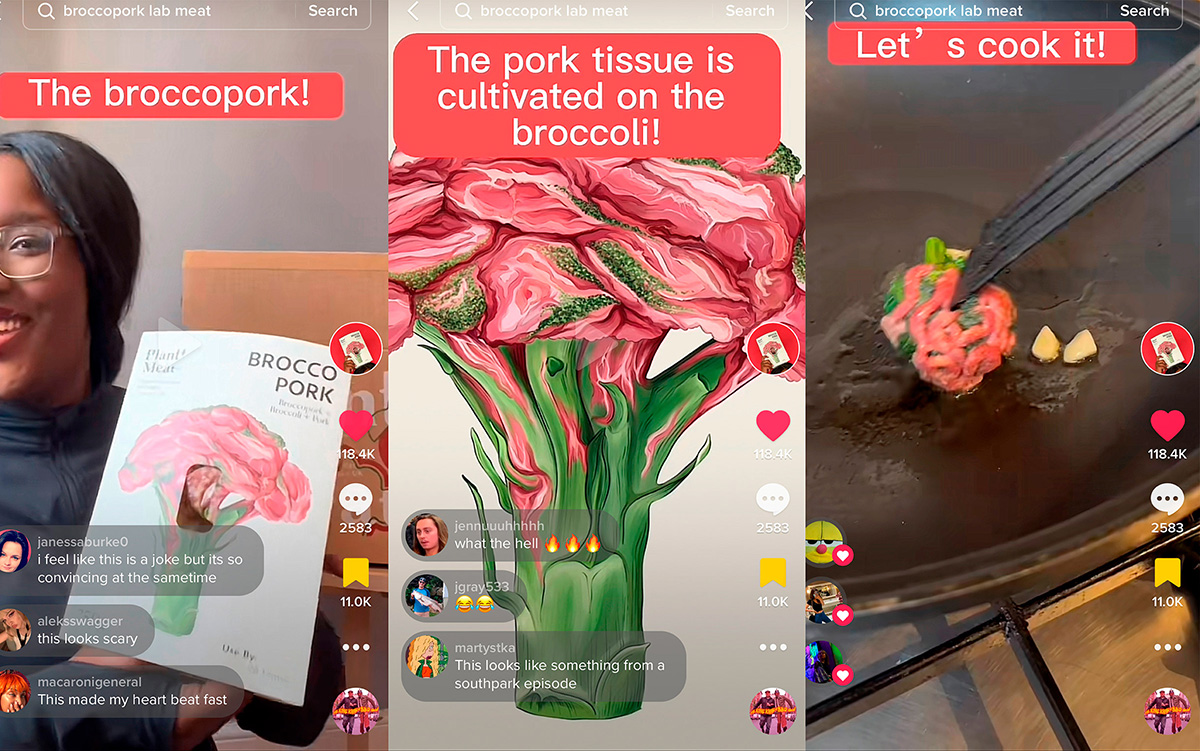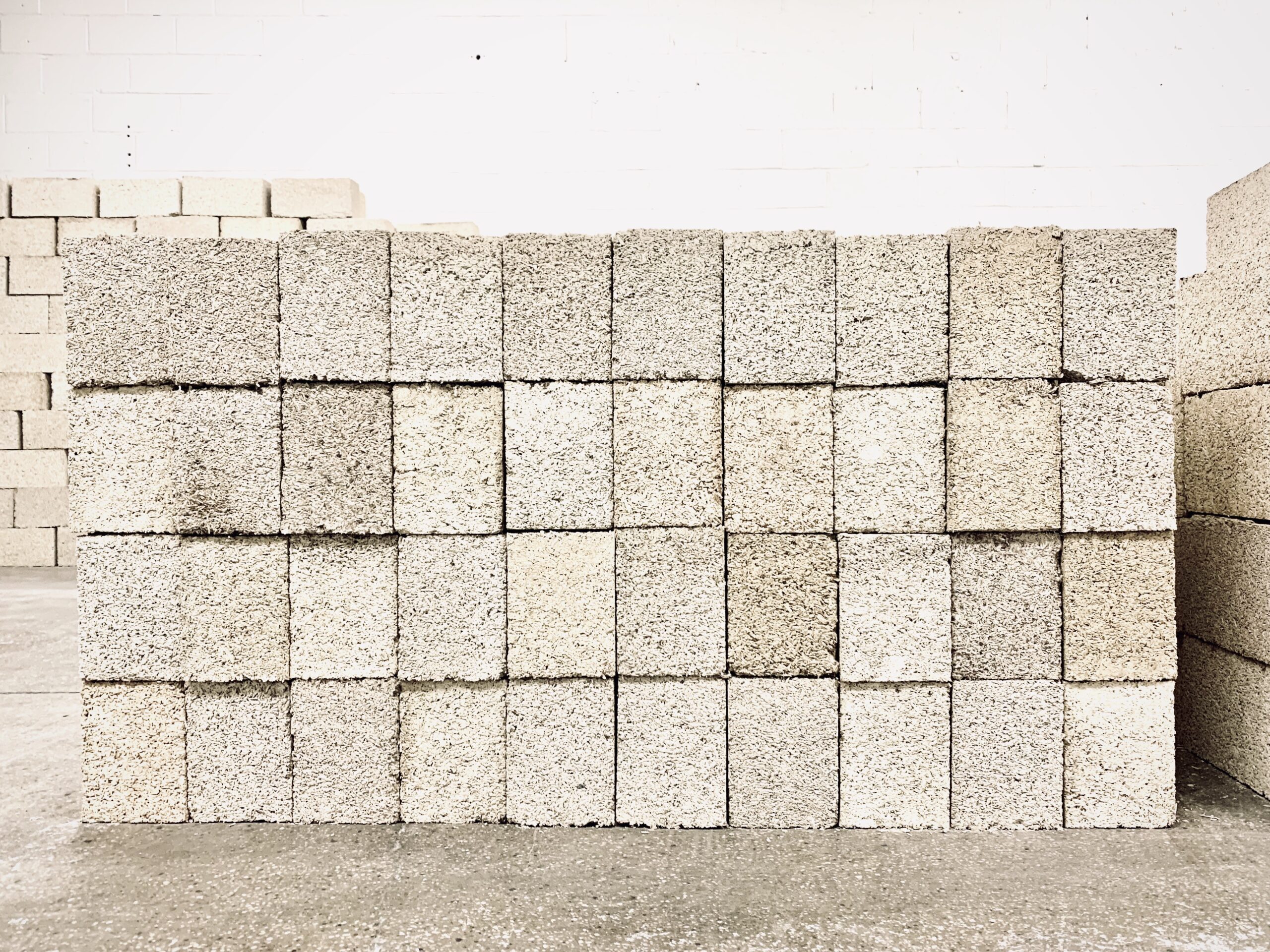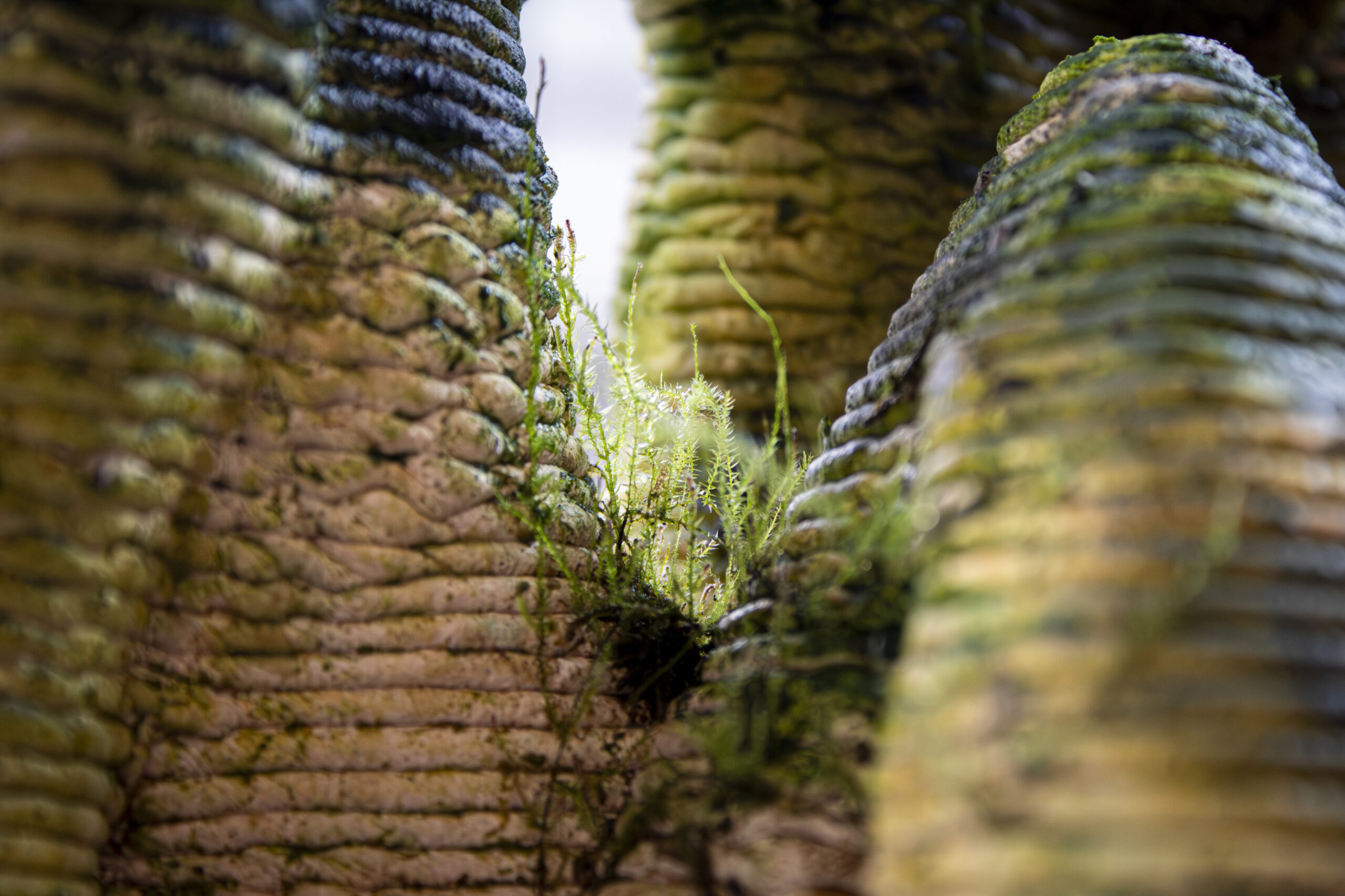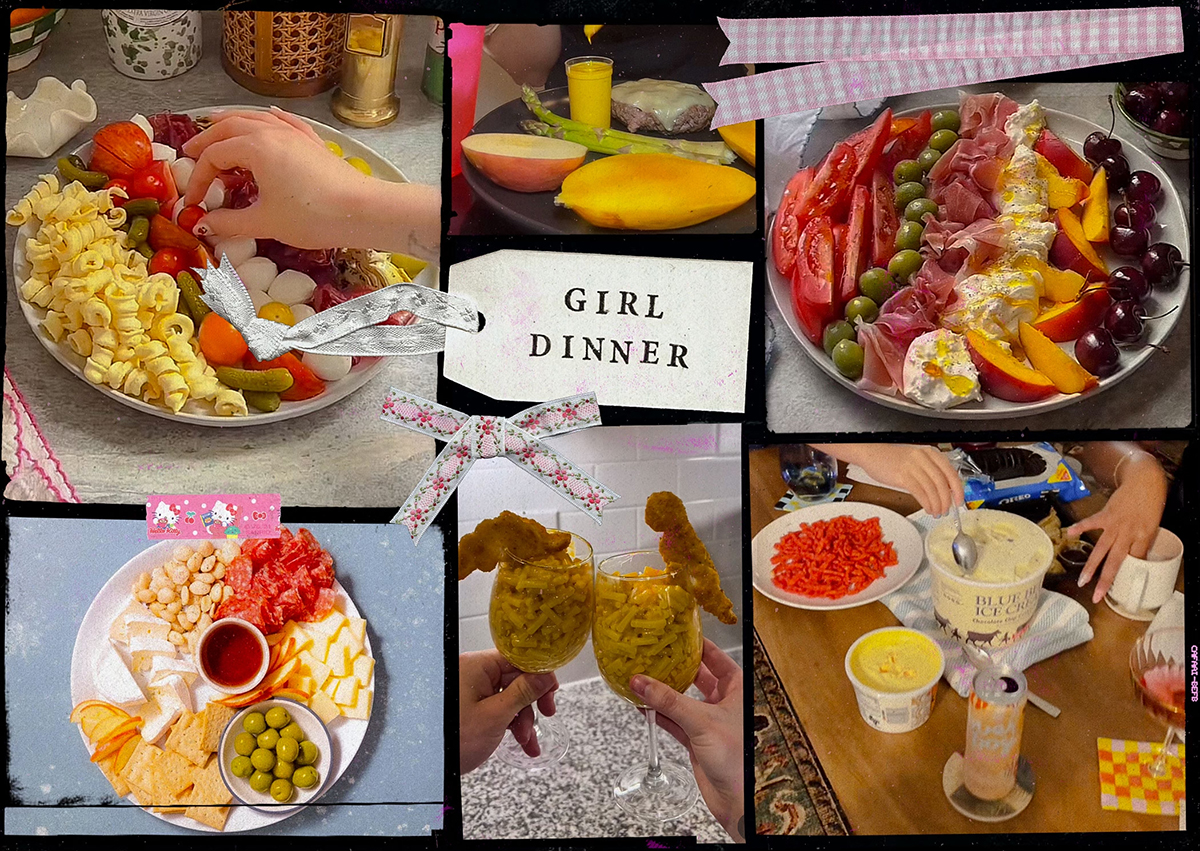CLIMAVORE x Jameel at RCA is a research initiative that reimagines foodways for drylands and wetlands. A partnership between CLIMAVORE and Community Jameel at RCA, it advances ecological networks to tackle the source of broken food systems while reimagining and implementing alternative systems for spatial justice in the built environment. Based in the School of Architecture at RCA, the three-year partnership has two focused research projects, which will be complemented with two awards to develop CLIMAVORE projects worldwide.
The inaugural edition of the 2024 Food Action Awards has been awarded to Yara Dowani of Om Sleiman Farm, for her project Regeneration Towards Liberation, and Mingxin Li for the project Golden Butter, Golden Motherland.
Honorable mentions have also been awarded to six practitioners. Dharmendra Prasad & Pujita Guha, Alys Fowler, Tizintizwa Collective, Yosihiharu Tsukamoto Lab, Qanat Collective, and Cao Minghao & Chen Jianjun.
Regeneration Towards Liberation tackles a season of drought by testing syntropic farming as a regenerative method for food production in Palestine. Om Sleiman Farm is a two acre farm located Bal’in in the central West Bank. “The land where Om Sleiman farm was founded wasn’t chosen because it was adequate for farming. It is an area with no natural water resources. The name of the village where the farm is, Bal’in, is believed to be derived from the two words “Bala” and “Ein”, meaning without and spring in Arabic. It is also part of the 60% of land of area C which is controlled by the Isreali military, close to the apartheid wall and an Israeli settlement that is expanding immensely. Because of this, all structures—including rainwater harvesting wells—cannot exist. For all these reasons, having a regenerative system that uses local resources and native plants to produce food for the community and ecosystem is essential to food sovereignty and self-determination.” Yara shared with MOLD Magazine.
The project hopes to develop a research and demonstration site to be implemented in different areas around Palestine, with a special focus on olive trees, which have become a monocrop in Palestine. Syntropic farming practices focus on translating natural processes into farming interventions to create a dynamic where agriculture becomes synchronized with the regeneration of ecosystems1. The Research Action Award will enable Om Sleiman Farm to develop a research and demonstration site to be implemented in different areas around Palestine, through expanding the farm’s work with women and food collectives on the ground that can reach similar communities facing the challenges of water exploitation, settler colonialism, and drought across the Mediterranean and beyond.
- 1 What is Syntropic Farming? from Agenda Götsch.
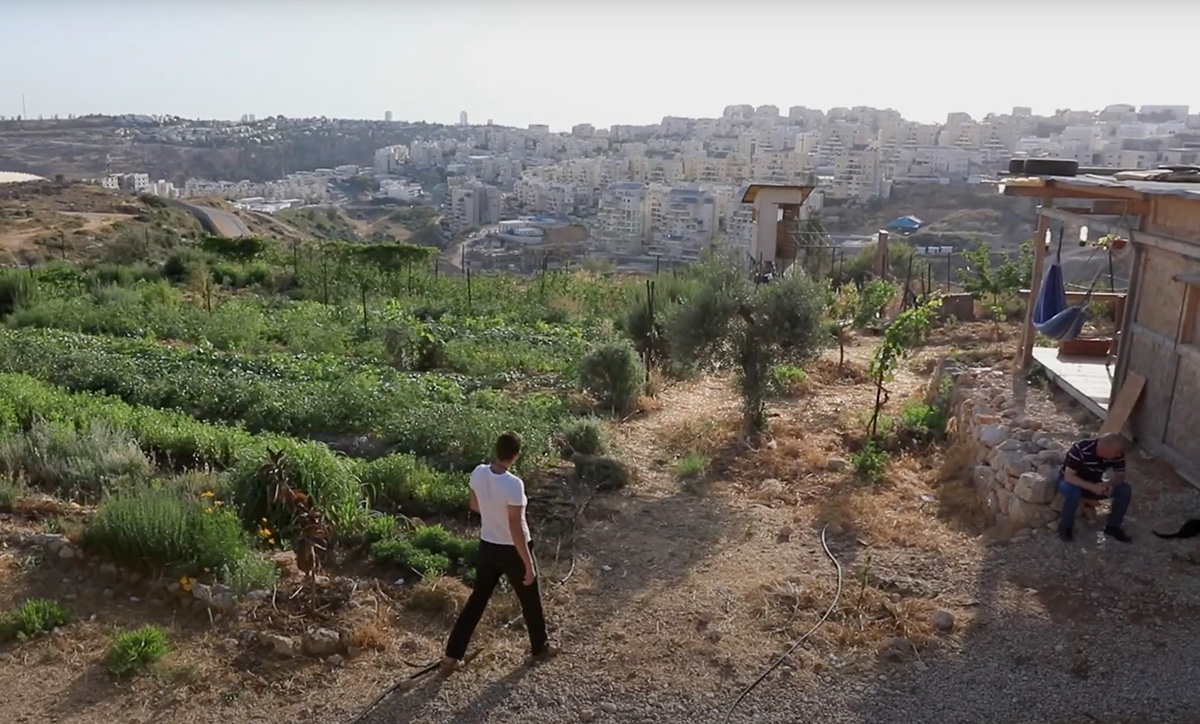
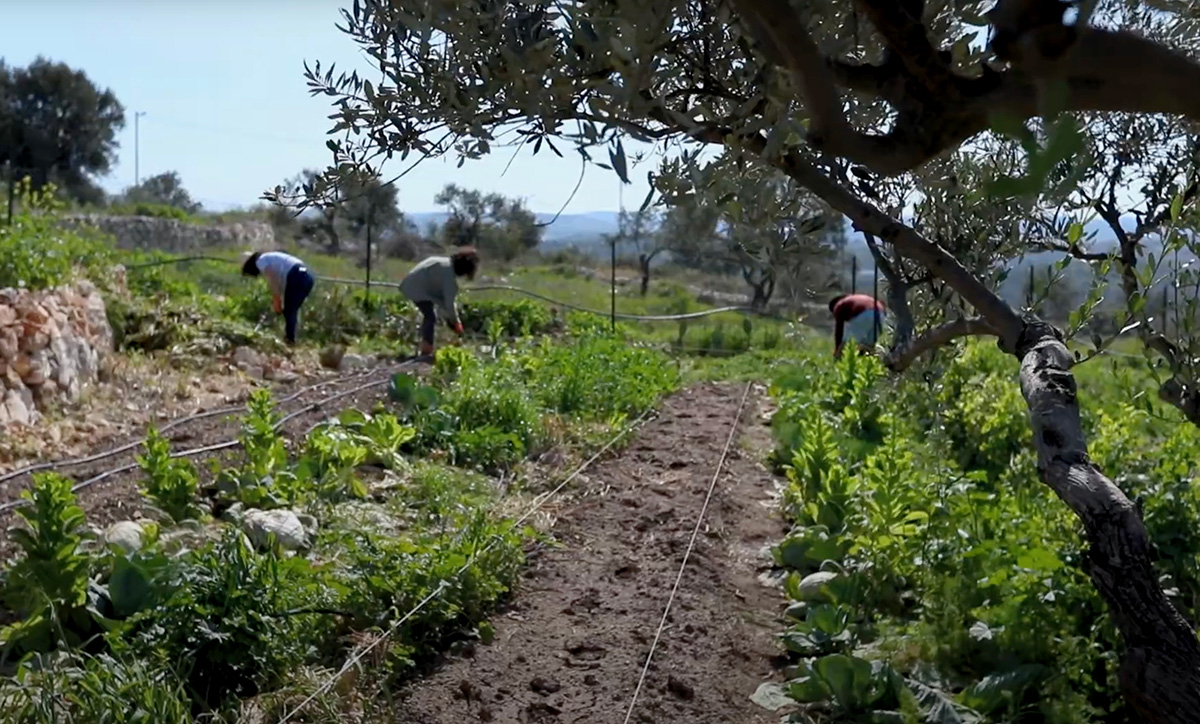
Golden Butter, Golden Motherland, is awarded the Emerging Practice Award, for recent RCA graduates. Mingxin Li’s practice has focused on investigating the practice of the representation of the Zoige plateau in Tibet, and its entanglement with political, cultural, and socio ecological relations. This February in a conversation with Zhake, an experienced herder and former village leader, the problem of yak butter emerged for Mingxin. Zhake felt that the taste of yak butter had softened and its color had become whiter.
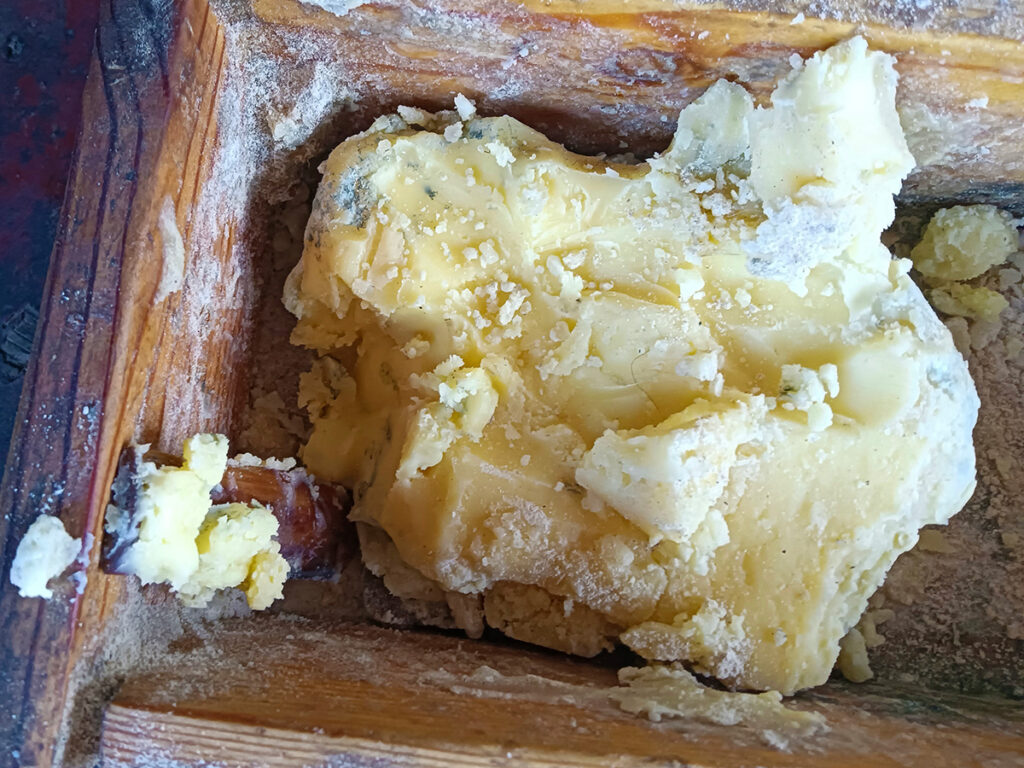
Yak butter is regarded as one of the ‘cleanest’ substances for local Tibetans, and it is used for many rituals, such as the worship of ancestral mountains and butter sculpture during the Tibetan New Year. “Yak butter is a relational knot, tying Tibetan care between Tibetans, yaks, vegetation, soil, water, and empowered beings, which forms Tibetan ways of being, doing, and thinking,” Mingxin explained, “However, local people, especially most young Tibetans who are in schooling, are moving further away from yak butter and pastoralist ways of living, which have been affected by pastureland privatization, urbanization, compulsory education, and modernization.”
Looking at ways to address the disappearance of the yak herding wetlands in Tibet, Mingxin’s project aims to reactivate ancestral food and pastoralist knowledge between generations, in order to form new networks that can support ongoing environmental crises. “I’m most interested in the practice of contributing to reclaiming and transmitting local Tibetan knowledge between generations. For example, the yak butter workshop I proposed aims to pass know-how to future generations based on ancestor story-telling and retrospective discussions with elderly people through collecting, producing, color recognition, and mapping of yak butter.”
Since the Industrial Revolution, seasons have been shifting at unexpected rates, together with the food and harvests that are meant to follow them. Longer dry periods and more extreme monsoon-related events in central India severely affect grain harvest. Hotter winters on the east coast of North America deprive trees of the cold hours they require to bear stone fruit. Prolonged dry spells in the rainy season in Ghana and Côte d’Ivoire are threatening cocoa supply in the world’s top producing countries. Signs that once allowed us to organize life around seasons are a sign of imminent collapse.
In the climate crisis, new seasons are emerging, defined by droughts, heatwaves, polluted seas, soil infertility, and the movement of invasive species. The Food Action Award projects will respond to food in these new seasons of the climate crisis, and their documented prototypes, field trials, and other strategies toward building alternative diets that benefit human and nonhuman nourishing will be presented through a combination of public events, presentations, and media formats.
Learn more about the CLIMAVORE X Jameel at RCA Food Action Awards and their recipient projects by visiting the CLIMAVORE and RCA websites and social media.
